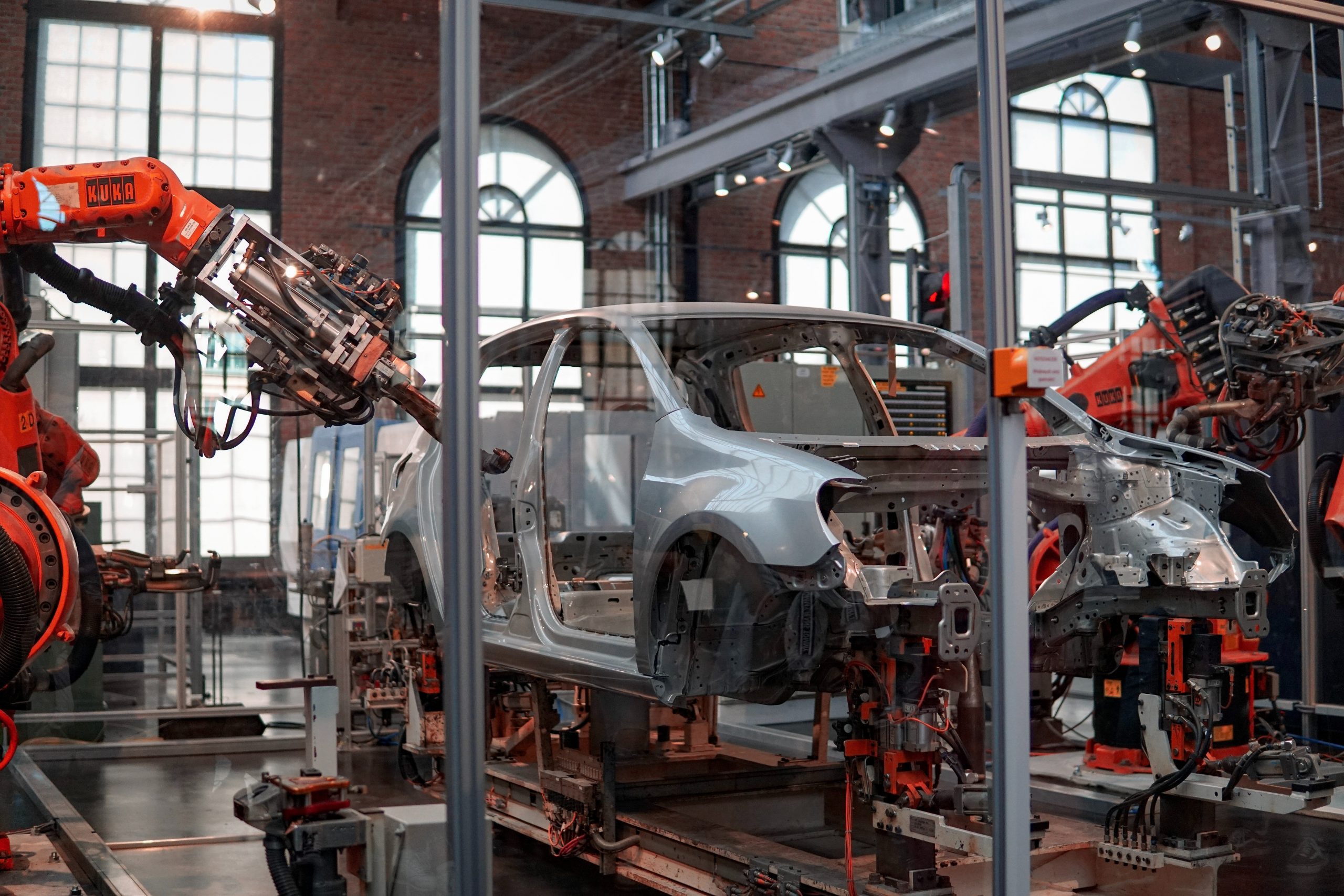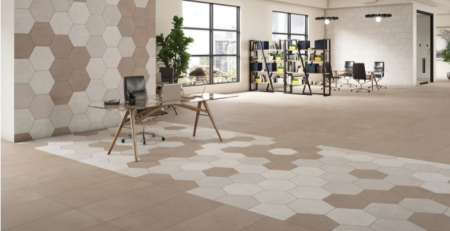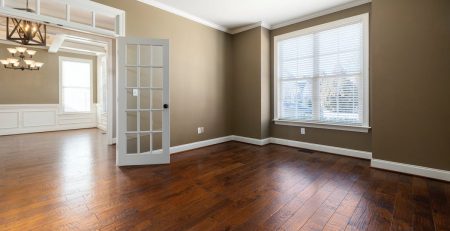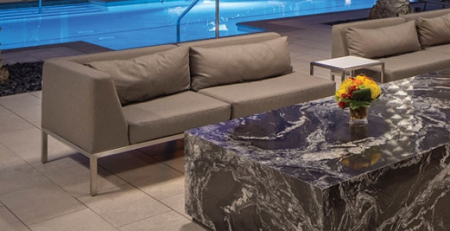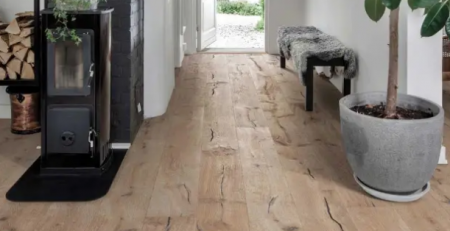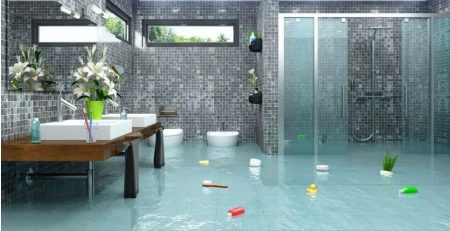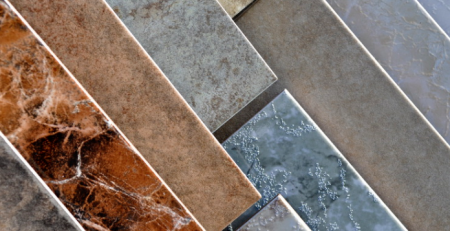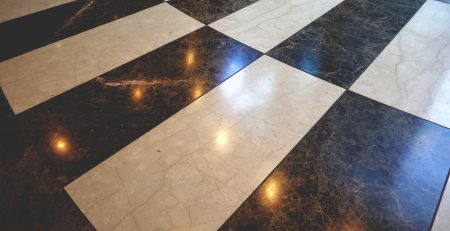Industrial flooring, all You need to know.
By knowing the different types of industrial flooring, you will be able to choose the best one for your company’s industry.
Maintaining the operation of the company while performing corrective maintenance on the floors is a challenge not all industries want to face. That is why you should invest in floors that are durable, resistant and require little maintenance.
This time we want to tell you about the different types of industrial flooring that you can find in the market. You will learn about their characteristics, advantages and spaces where they are usually used, and you will also learn about our products and materials.
Common flooring or industrial flooring, which one should you choose?
In general, we can find common and industrial floors. For large companies, the second option is recommended because of its obvious advantages. Some companies, due to lack of knowledge, choose not to do it and this can bring unnecessary repair costs, since the surface will not be suitable for all industrial tasks.
This means that industrial flooring will allow maintenance processes to be carried out without interrupting manufacturing activities.
Types of industrial floors
Classifying floors is normally done according to the material they are made of. From there, each one will have specific finishes that will give new characteristics to the final result:
- Concrete floors
These are made of concrete, one of the most resistant materials in construction. This floor is characterized by a good presentation, high durability and low maintenance cost.
The concrete floor can be classified according to its finish:
- Polished: this is one of the highest quality finishes. We can recognize it at first glance for being shiny, giving the appearance of a common floor. Polished concrete is highly resistant and easy to clean.
- Floated: it is usually applied in exteriors, and a uniform and level result is sought. It can be considered for entrances to warehouses or companies where vehicular traffic is heavy.
The concrete floor in its industrial finishes is designed to withstand heavy vehicular traffic, which makes it suitable for any type of company.
- Polyurethane floors
Polyurethane floors are a type of industrial flooring recognized for having different colors and giving a “plastic” appearance. Its application is based on the coating of a cement layer; however, some people consider it as a “sealer”.
This type of industrial flooring manages to extend to many scenarios:
- Industrial kitchens
- Refrigeration rooms
- Pharmaceutical industry
- Chemical processing companies
- Textile industry
In this type of scenarios, polyurethane floors stand out for being impermeable and aseptic. This prevents the accumulation of dirt and the formation of microorganisms.
Polyurethane floors are also suitable for the transit of heavy machinery, since their resistance to impacts. This means that they are ideal to meet the needs of highly demanding areas such as: department stores, gymnasiums, mechanical workshops and parking lots.
This type of industrial flooring is usually applied indoors, however, it is not recommended for outdoor use, as it will be more exposed to deterioration.
- Epoxy floors
Although epoxy resins have applications in the artistic field, at the industrial level they have allowed the development of high resistance floors with optimum thickness and finish.
Epoxy flooring is one of the types of industrial flooring that combines the characteristics of surfaces such as concrete and polyurethane.
This type of surface has the following characteristics:
- It is repellent, anticorrosive and impermeable.
- It can be used in aseptic spaces.
- As it is a resin, it is an electrical insulator.
- It is impermeable, so it can be applied in places with high humidity or where tasks involving fluids will be carried out.
- They are very resistant, both in tensile situations and when supporting vehicles with heavy loads.
- They can be ordered with designs to match the corporate image.
Notable advantages of industrial floors
- Chemical resistance: to the attack of oils and greases, solvents, dissolved salts, bases, acids, sulfates, chlorides, fats, sugars; even blood and cleaning agents.
- Physical resistance: to temperature changes between 120oC and -40oC in a very short time.
- Comfort, maintenance and asepsis: due to its texture and absence of joints, making it easy to clean and maintain.
These floors must have greater stability and allow the transit of equipment transporting goods with greater safety, speed and reducing the damage of the wheels, this among many other needs, which our company knows well and with these articles, we fulfill the mission to guide you in everything related to flooring installation.

